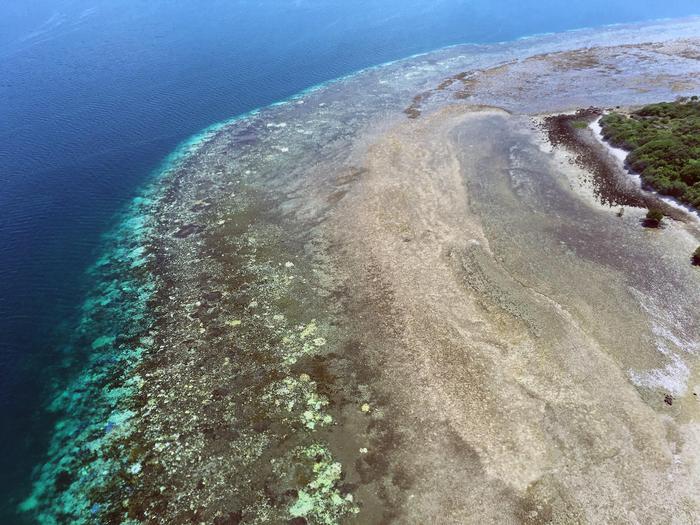(ANSA) - BRISBANE, 04 NOV - The bleaching of the Australian Great Barrier Reef has reached 98%, saving only a fraction of the largest group of corals in the world, a UNESCO World Heritage Site since 1981, according to a study published in the journal Current Biology , according to which only 2% of this immense underwater ecosystem has escaped the phenomenon since the first major bleaching episode in 1998.
It is a phenomenon of deterioration, which results in a discoloration of the corals, due to the rise in water temperature that causes the expulsion of symbiotic algae which usually give the coral its color and nutrients.
The frequency, intensity and amplitude of the sea heat waves that cause it continue to increase, points out study lead author Terry Hughes, of the Australian Research Council (Arc) Center of Excellence based at James Cook University.
The Great Barrier Reef has experienced three other major bleaching episodes since 1998, in 2016, 2017 and 2020. Some researchers assured last July that the coral had shown signs of healing from the last bleaching, but warned that the long-term prospects for this ecosystem 2,300 km long are "very negative".
The reef is also threatened by cyclones, increasingly frequent due to global warming, and by a sea star (purple acanthaster) that devours corals and has proliferated due to pollution and agricultural runoff.
(HANDLE).

